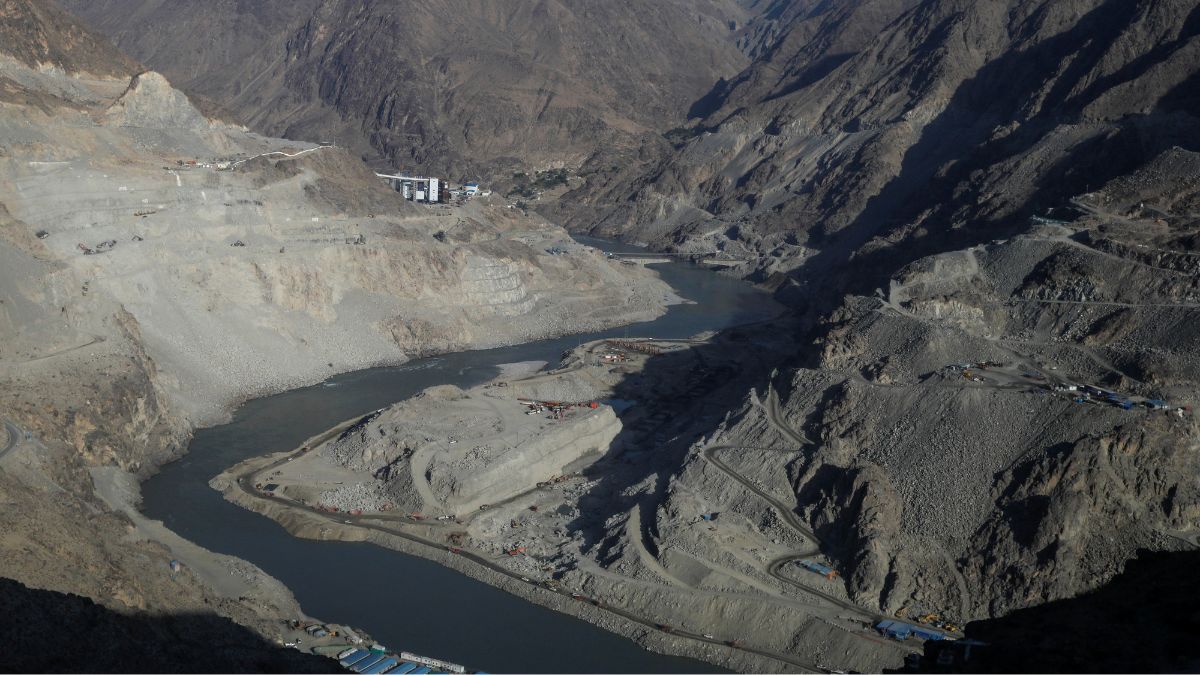A neutral expert (NE) appointed by the World Bank has backed India’s call to resolve certain disputes that have emerged with Pakistan over the two hydropower projects – the Kishenganga and Ratle projects – under the Indus Waters Treaty (IWT).
The NE, Michel Lino, said in a statement that he is “competent” to decide on the differences the two neighbouring countries have on the design of the hydropower plants. In response, the Indian Ministry of External Affairs said, “It has been India’s consistent and principled position that the Neutral Expert alone has the competence under the Treaty to decide these differences.”
“The decision upholds and vindicates India’s stand that all seven (07) questions that were referred to the Neutral Expert, in relation to the Kishenganga and Ratle hydroelectric projects, are differences falling within his competence under the Treaty,” it added while Pakistan did not respond to the development immediately.
Last year in September, India sent a notification to Pakistan seeking a “review and modification” to the IWT. The notice stated that under Article XII (3) of the IWT, “The provisions of this Treaty may from time to time be modified by a duly ratified treaty concluded for that purpose between the two Governments.”
When was the NE appointed?
Lino was appointed the neutral expert by the World Bank in October 2022 in the wake of the disagreements between New Delhi and Islamabad over the 1960 Indus Waters Treaty.
Under the terms of IWT, disputes between the two countries will first be resolved by the Permanent Indus Commission (PIC). If the matter remains unsolved at the PIC level, it will be transferred to the NE and if that fails too it will be transferred to a Court of Arbitration.
Impact Shorts
More ShortsInitially, both countries appeared to agree on the World Bank appointing a ’neutral expert.’ However, in 2016, Pakistan requested the establishment of a Court of Arbitration. At the time, the World Bank stated that simultaneously having a neutral expert and a court could result in “contradictory outcomes.” Nonetheless, in 2022, it facilitated the appointment of both a neutral expert and a chairman for the Court of Arbitration.
What is the Indus Waters Treaty?
The IWT provided a mechanism to govern the allocation and management of the Indus River System’s waters. Signed in 1960 by India and Pakistan and mediated by the World Bank, the IWT stipulated that the three eastern rivers – Ravi, Beas, and Sutlej – would be allocated to India while the three western rivers – Indus, Jhelum and Chenab – would be allocated to Pakistan.
This arrangement permits India to utilise the eastern rivers for unrestricted use and allows limited use of the western rivers for purposes such as irrigation and hydropower generation, provided it does not alter the flow significantly.
Why does India want to review IWT?
According to a report by the Indian Express, India has highlighted “fundamental and unforeseen changes in circumstances” that warrant review and modifications of the IWT.
Sources told the publication that among the concerns flagged by New Delhi are the “change in population demographics, environmental issues and the need to accelerate development of clean energy to meet India’s emission targets, and the impact of persistent cross-border terrorism”.
Moreover, the construction of the two hydel power projects in Jammu and Kashmir has been a point of contention between the two countries for a long time.
)